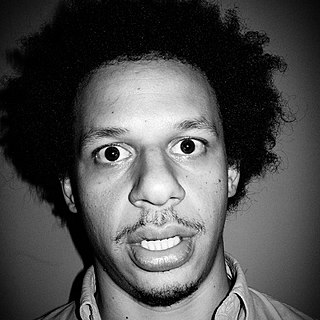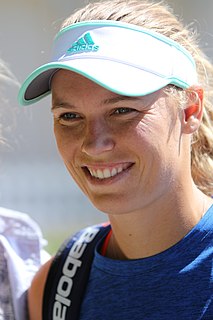A Quote by David Copperfield
When I am on the road and heading to my next venue, I think about my audience.
Related Quotes
I don't think about the audience, I don't think about what makes them happy, because there's no way for me to know. To try to think of what makes for entertainment is a very Japanese thing. The people who think like this are old-fashioned. They think of the audience as a mass, but in fact every person in the audience is different. So entertainment for everyone doesn't exist
I am really passionate about transparency and trans rights issues, so I embrace these opportunities to speak. I try to stay in touch with those who are prominent in both the trans and transparency movements, but more often than not, I am speaking out on a particular issue on my own. I certainly hope that people listen to me and think about these issues. But regardless of whether I had a public venue to speak in, I would still be passionate about them.


































